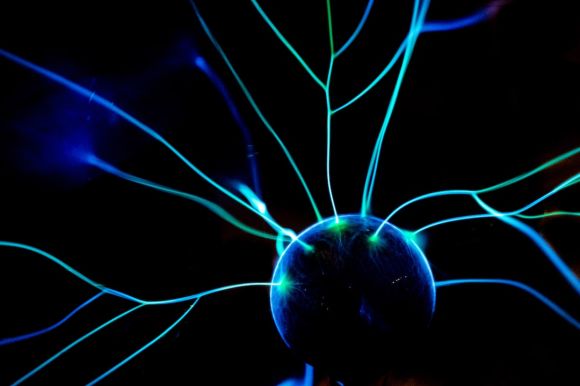Quantum mechanics is a field of physics that explores the behavior of matter and energy at the smallest scales. It is a mind-boggling realm where particles can exist in multiple states simultaneously and can be both a wave and a particle at the same time. In this article, we will delve into the captivating world of quantum mechanics and explore some of its most intriguing concepts.
The Wave-Particle Duality
One of the fundamental principles of quantum mechanics is the wave-particle duality. This concept suggests that particles, such as electrons or photons, can exhibit characteristics of both waves and particles. This duality challenges our classical understanding of the physical world, where objects are either particles or waves, but not both simultaneously.
Quantum Superposition
Another fascinating aspect of quantum mechanics is the phenomenon of superposition. Superposition allows particles to exist in multiple states at once. For example, an electron can be in a superposition of spinning both clockwise and counterclockwise simultaneously. It is only when we observe or measure the particle that it “chooses” one state over the other.
Quantum Entanglement
Quantum entanglement is a phenomenon that occurs when two or more particles become correlated in such a way that the state of one particle affects the state of the others, regardless of the distance between them. This spooky action at a distance, as Einstein called it, challenges our intuition about how information can be transmitted.
Quantum Tunneling
Quantum tunneling is a phenomenon where particles can pass through barriers that classical physics would consider impenetrable. This occurs because of the wave-like nature of particles. Even if a particle does not have enough energy to overcome a barrier, there is still a finite probability that it will tunnel through it. This phenomenon has significant implications in various fields, such as electronics and nuclear physics.
Quantum Computing
Quantum mechanics has also given rise to the field of quantum computing. Unlike classical computers that use bits to represent information as either 0 or 1, quantum computers use quantum bits, or qubits, which can exist in multiple states simultaneously. This allows quantum computers to perform certain calculations exponentially faster than classical computers, offering exciting possibilities for solving complex problems.
The Measurement Problem
The measurement problem in quantum mechanics refers to the question of how and why the act of measurement collapses a particle’s wave function into a definite state. It raises philosophical and interpretational debates about the nature of reality and the role of conscious observation in shaping it.
The Future of Quantum Mechanics
Quantum mechanics continues to be a vibrant and active field of research, with new discoveries and applications emerging regularly. Scientists are exploring the potential of quantum technologies, such as quantum cryptography and quantum sensors, which could revolutionize various industries.
In conclusion, the world of quantum mechanics is a captivating realm where particles defy our classical understanding of physics. From the wave-particle duality to quantum entanglement and quantum computing, the concepts and phenomena of quantum mechanics challenge our intuition and push the boundaries of our knowledge. As we continue to unravel the mysteries of this fascinating field, we can expect even more astonishing discoveries and applications in the future.
